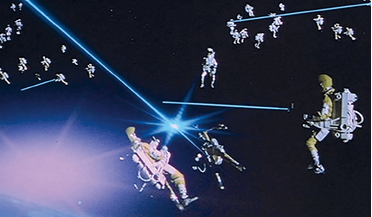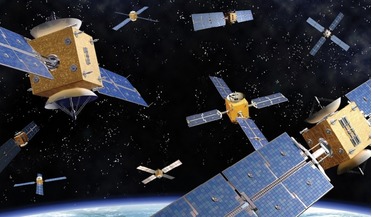 July 2020
Pandemic in space – are we ready?
July 2020
Pandemic in space – are we ready?
... as a “reference standard for spacefaring nations in guiding compliance with Article IX of the Outer Space Treaty”. Under a later space law treaty, the Rescue and Return Agreement, States are obliged to share information on “conditions of distress...
 October 2015
The Global Space Governance Study – A new regulatory framework for New Space?
October 2015
The Global Space Governance Study – A new regulatory framework for New Space?
... that idealistic but unrealistic proposals for a number of new space treaties and a dramatic new regulatory space regime would not be helpful to today’s space challenges. The objectives of the Global Space Governance study are to identify today’s new...
 April 2019
Is a military space force justified?
April 2019
Is a military space force justified?
...operating the invaded facility is also required to be authorised by its state of nationality. From the perspective of the Outer Space Treaty, an invasion against the authorised facilities of a company is the same as an attack on the authorising state...
 May 2017
World needs strong space governance system
May 2017
World needs strong space governance system
... they form the framework and the primary system of global space governance. The foundational agreement of the system is the 1967 Outer Space Treaty, which is the most adhered to space treaty. More importantly, it contains several principles that have...
 May 2017
Humanity is moving towards a new reality
May 2017
Humanity is moving towards a new reality
... decades out of date. Today no one seems to believe seriously that any new widely agreed and sweeping space treaties are possible to negotiate and agree These agreements did not anticipate significant commercial activities...
 August 2018
Flouting the rules on satellite registrations
August 2018
Flouting the rules on satellite registrations
... being a launching State - there is no restriction on it being “State of registry”. Further, under Article VIII of the Outer Space Treaty, it is the State of registry which has “jurisdiction and control” over a satellite. The Netherlands cannot claim...